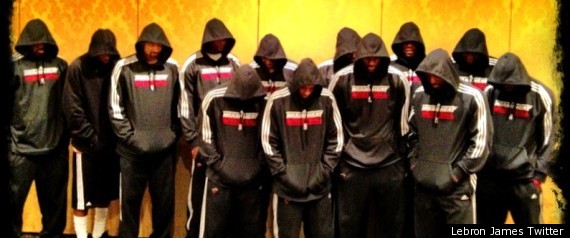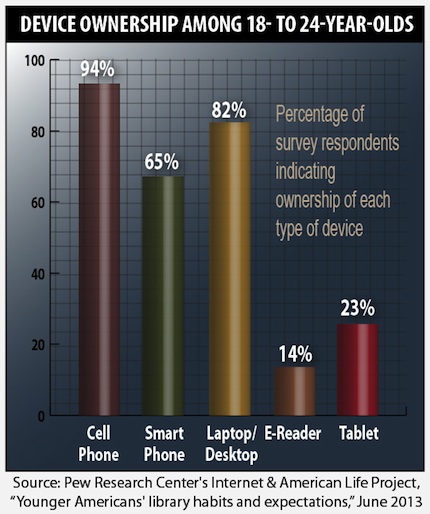That group is the
American Legislative Exchange Council, better known as ALEC, which likes to call itself a “nonpartisan public-private partnership” but is actually a
corporate-backed enterprise that writes “model legislation” that its membership of nearly 2,000 conservative legislators use in states to pass laws that promote privatization in every part of American life: education, health care, the environment, the economy, etc.
The
Center for Media and Democracy, a nonprofit investigative group, has done a great
deal of research on ALEC’s efforts to push the privatization of public education, attack veteran teachers and their unions. It just released a new analysis of ALEC’s education efforts,
which you can read here, saying that “at least 139 bills or state budget provisions reflecting American Legislative Exchange Council (ALEC) education bills have been introduced in 43 states and the District of Columbia in just the first six months of 2013.” (You can
see all of the bills here.)
As education historian and activist
Diane Ravitch explained in
this ALEC primer, the group, which had been quietly working for years, was put in the spotlight because it crafted “Stand Your Ground” laws, which got attention because of the Trayvon Martin case in Florida. An ALEC spokesperson said in an email that in fact ALEC had nothing to do with Florida’s “Stand Your Ground” law but rather “adopted a policy based on Florida’s ‘Stand Your Ground’ in August 2005 and then subsequently sunset that policy in March 2012.”
The Gates Foundation last fall
awarded ALEC a grant of $376,635 “to educate and engage its membership on more efficient state budget approaches to drive greater student outcomes, as well as educate them on beneficial ways to recruit, retain, evaluate and compensate effective teaching based upon merit and achievement.”
U.S. Attorney General Eric Holder said Tuesday that he opposes these laws, which allow people who believe they are being threatened to defend themselves with deadly force.
Mayors Against Illegal Guns
New York Mayor Michael Bloomberg to speak
the blunt truth about why these laws are dangerous — and why the National Rifle Association keeps pushing them anyway.
The Washington Post and
the New York Times reported last week, the idea came from on high, courtesy of the
NRA, which worked closely with a right-wing group called the
American Legislative Exchange Council.
What’s insidious about
Stand Your Ground laws is that in every jurisdiction that has them, these statutes tilt the balance of power in any street encounter in favor of the person who has a gun. That’s what happened in the Martin case. The law provides a perverse incentive for everyone to be armed.
 Florida's 'Stand Your Ground' law could have saved Trayvon Martin's life
Florida's 'Stand Your Ground' law could have saved Trayvon Martin's life
"And for those who resist that idea that we should think about something like these 'Stand Your Ground' laws, I just ask people to consider -- if Trayvon Martin was of age and armed, could he have stood his ground on that sidewalk?"
Florida had first Stand Your Ground law, other states followed in 'rapid succession'
Some of Christie's biggest bills match model legislation from D.C. group called ALEC
Download a full spreadsheet of connections between ALEC models and N.J. bills.
ALEC has quietly made its mark on the political landscape by providing state governments with mock-up bills that academic and political experts say are, for the most part, tailored to fit a conservative agenda. In recent years, states — particularly those with new Republican governors and legislatures — have been flooded with ALEC’s model bills. Nearly 1,000 of them are introduced every year, and roughly one-fifth of those become law, according to ALEC’s own count. ALEC’s bills are especially attractive because they are written so they can virtually be copied and pasted onto legislative proposals across the land.
The School Children First Act, a landmark bill sponsored by Assemblyman Jay Webber, the co-chairman of ALEC’s state chapter and one of six New Jersey legislators who are members of the group, includes the five specific requirements in ALEC’s Great Teachers and Leaders Act.
Meet ALEC’s NJ State Chairman – Senator Oroho
CHARTS: ALEC's Top Ten Original Corporate Donors
Under pressure from public exposure,
some of these corporations have ended their ties to ALEC but the damage has already been done.






